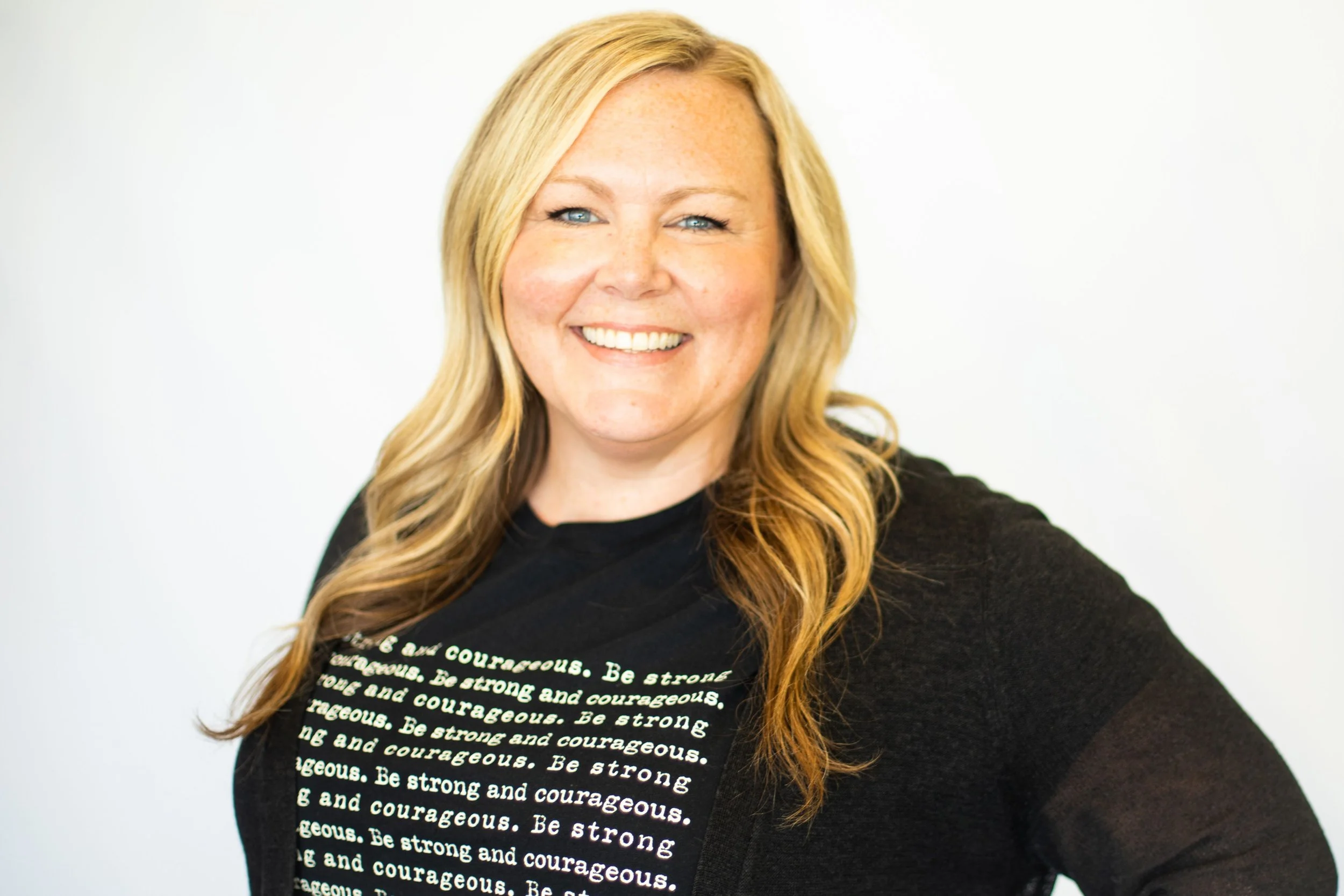This is definitely not a fun topic to think, write or talk about. But it is an important one to address. Because the truth is that every job comes with its share of risk—just going about our daily lives comes with a certain share of it—but there are things we can do to mitigate the specific risks you might face as a real estate agent. So, I’m going to share a few of my best tips for staying safe at work. Have your team’s loan officer (or someone else you trust) reach out to buyers prior to your first meeting. In this conversation, my loan officer asks for their address, employer and contact information so we can verify they are legit. I require this before I ever show a home to a stranger.
Make sure someone in your office knows where you are. Also tell them with whom you are meeting and when to expect you back or when to expect hear from you, anytime you go out for open houses or private showings.
Meet new clients for the first time at your office. When meeting with a client who has hired me to help them purchase a home, our first meeting is always at my office. Always. The whole time I am gauging whether they are someone I feel comfortable serving. If not, I sometimes refer them to another agent in my office who I think might be a better match. That’s mostly based on feeling like our personalities, or their expectations and my approach aren’t a good fit. If I felt like there was something off or unsafe about them, I would not send them to one of my colleagues without full disclosure of my concerns.
Verify the information you can verify. When dealing with a new listing/seller client, I always check that the address they’ve given me is a legitimate address and that their name matches who the county has on file as the owner of record for that property. If it doesn’t, I use a prequalifying script to call them and ask a few more questions BEFORE I go out and meet them at their home.
When conducting an open house or a private showing, arrive early and familiarize yourself with your surroundings. Learn where the exits are and the quickest way to reach them from each area of the house. Avoid entering spaces where you can become easily trapped—closets, laundry rooms, basements, attics, small bathrooms, etc. Stand outside in the hallway and let the client walk in on their own and check out the space.
Always have your cell phone with you. There are also personal security apps you can buy for your phone that would help law enforcement locate you in an emergency.
Trust your gut. If you’re uncomfortable don’t second guess yourself. Remove yourself from the situation. Your safety is more important than possibly hurting a client’s feelings.
A few other things you can consider:
Bring a buddy with you. Maybe you make it a rule that you always have your assistant, partner or a colleague with you when you show homes to a client for the first time or host open houses.
Be careful about the information you share on social media or your website. Posing for pictures in front of your house, your car, or wearing expensive jewelry is probably not a good idea.
Take a self-defense class. You may never need to use what you learn, but just having those skills in your pocket can bring you some peace of mind. This is a good tip for everyone, not just real estate agents.
I hope these tips are helpful to you! I don’t want you to be fearful—I feel really safe as I go about my day because I follow some pretty basic safety rules. But it’s important to look at the ways where there might be some vulnerabilities safety-wise and come up with a plan to address those.
As always, feel free to send me questions by email or leave your thoughts in the Comments section below. Thanks!

















